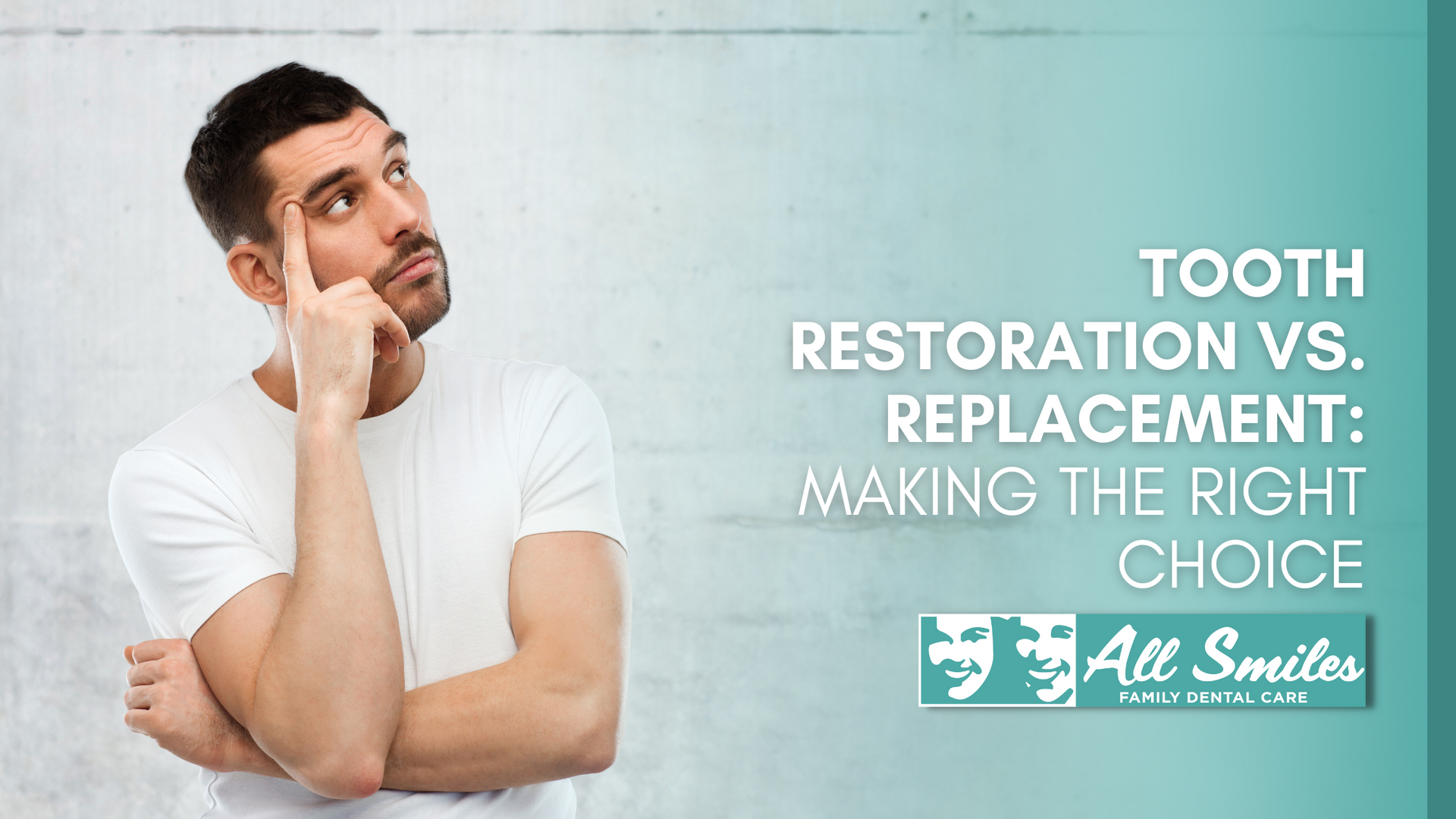Laser Teeth Cleaning Side Effects
Dental Lasers could have potential side effects. Choosing laser dentistry for dental procedures does have many advantages, but learning about the potential side effects can help patients make a more informed decision.
- Traditional methods of dentistry are still more common but have few advantages over laser dentistry.
- Laser dentistry has many benefits to the patient when performed by a well-trained dentist.
- Laser treatment side effects are minimal and easily mitigated.
Laser Dentistry involves modern, innovative technology that provides many of the same services as traditional dentistry, but with more precision and less pain. If your dentist offers a laser dentistry option, learning more about the advantages of this technique can help you decide if it is right for you. When patients inquire about the use of lasers for dental procedures, the most common questions involve the benefits and the potential side effects of the technology. A high-quality dental practice lists potential side effects as well as advantages, so every patient can be well-informed before pursuing a specific procedure.
Traditional Dental Procedures
Dental procedures performed with traditional methods are still the most common ones performed in most dental practices. These methods include the use of specialized dental tools, such as drills for cavities and scalpels for gum surgery. Some patients prefer traditional dentistry because the methods are familiar, and the patient has experienced similar procedures before.
Benefits
When a patient has the option to choose between traditional procedures or laser dentistry, there are a few reasons standard methods may win the competition. The most common reason is familiarity. Not all dentists offer a laser option, and some patients do not want to switch to a new practice for laser procedures. Additionally, some patients may be uncomfortable with the idea of laser surgery because they do not have enough information about how laser treatments work. Furthermore, due to the additional training that must be completed and new equipment that must be purchased, laser treatments can typically be more expensive than a similar procedure for the same condition. However, at All Smiles, laser treatment does not cost more!
Potential Side Effects
Traditional treatments for dental issues have side effects that vary depending on the procedure. The most common negative side effect is pain. For the majority of these procedures, including the removal and filling of cavities, root canals, and surgery on gum tissue for gum disease, some sort of numbing agent or anesthesia is used. Numbing the area surrounding the dental work can involve topical gels, Novocaine, or lidocaine. For more extensive procedures, you may receive a pre-op oral sedative or nitrous oxide gas. With any sedative or numbing agent, there are potential side effects such as allergic reactions.
Some dental surgeries require downtime and aftercare, such as stitches or packing. The more invasive the surgery, the longer the recovery may be, and the more follow-up visits may be required. Some dental work requires multiple visits to complete the entire process. This is the case with extractions and implants, as well as root canals and crowns. If you need any type of extensive dental work, it is important to find a dentist with experience and an excellent reputation to minimize the chance of negative side effects. Although most dentists perform surgical procedures regularly, finding a compatible dental professional can be the key to a more pleasant experience.
Laser Dentistry Procedures
Although technology has been around for a long time, many dental practices have not yet moved to laser procedures. Laser dentistry requires expensive and highly technical equipment, as well as extensive professional training for the dentist. More dentists are making this commitment, which means laser treatment for procedures has gained popularity in recent years. If your dentist offers laser procedures, or if you need a procedure and are looking for a new dentist, consider the benefits of laser dentistry before making a decision. An experienced dentist will also inform you of any risks or potential side effects of laser treatment before proceeding.
Dental Laser Benefits
Laser dentistry uses innovative technology to complete many of the same dental procedures that patients have experienced before using traditional methods. Fillings, gum disease correction, and other surgeries can now be performed using lasers. Lasers are safe, accurate, and effective and provide many benefits to the patient.
Increased accuracy of the laser energy means less gum tissue and natural pieces of the tooth need to be removed to accomplish the surgery goal. Retaining more of the natural tooth or gums means less of a chance of a tooth breaking or cracking later. A major advantage of laser dentistry is the lack of anesthesia or numbing that is typically needed. Many patients do not need numbing at all before a filling, or only need a bit of topical anesthetic upon request for other surgeries. Since the laser also cauterizes wounds during a procedure, sutures are not typically needed.
Recovery time after laser surgery is minimized because there is less damage to the tooth or tissue surrounding the surgical site. Due to the nature of lasers, the healing process can be much faster and easier than with traditional methods. This is a major benefit since many patients can return to normal activities immediately after the visit.
Dental Laser Potential Side Effects
Although there are many benefits to dental lasers, with any type of procedure, there is always a possibility of side effects. Lasers effectively reduce pain and recovery time, so compared to traditional methods, the chance of side effects is minimal. If a problem arises during laser treatment, it is usually either damage to surrounding gum tissue or injury to the tooth pulp.
Gum tissue injury is a potential side effect with any type of dental work, including both traditional and laser methods. Although a well-trained dentist with a laser can isolate gum tissue well during surgery, there is some risk that the heat from the laser energy can also affect nearby tissue. Laser treatments encourage blood clotting after gum surgery and naturally disinfect the area, so the risk is minimal. Another potential side effect is damage to the tooth’s pulp during cavity removal, root canal, or other tooth procedure. This risk is smaller than with the use of a drill bit is not eliminated.
One of the disadvantages of choosing laser treatment for your teeth and gums is the fear of the unknown. If you are a patient who is used to a specific type of treatment for cavities or gum disease, the idea of lasers can be difficult to accept. If this is the case, you can feel assured that lasers in dentistry are excellent treatment options for periodontal disease, cavities, and other concerns. Once you give laser surgery a try, you may find that you never want to return to traditional methods of dentistry.
Laser Treatment at All Smiles Dentistry in Lake Jackson, TX
If you are in the Lake Jackson, Texas area and are searching for a professional and well-trained dentist to perform laser procedures, All Smiles Dentistry is here to help. With a passion for oral healthcare and a knowledgeable and compassionate team, the practice has everything you need to keep your oral health in great condition. To schedule an appointment or learn more, Contact All Smiles Dentistry today or call 979-297-1128 .
Featured Image: maxbelchenko/Shutterstock
The post Laser Teeth Cleaning Side Effects first appeared on All Smiles Dentistry.



